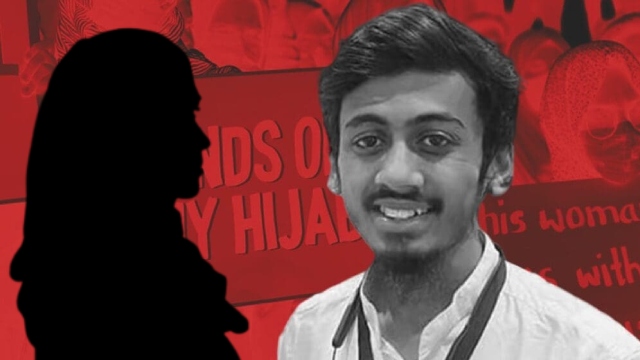
The Madras High Court has recently granted bail to YouTuber Anash Ahamed, who got arrested by Coimbatore police in September on charges of cyber terrorism.
His arrest came from a video he recorded and shared on a private channel, urging people to wear hijabs and share their experiences.
In an order dated October 30, Justice P. Dhanbal considered various factors, including the nature of the offense, Ahamed’s lack of prior cases, and the period of his incarceration. “Considering the representation made on both sides… this Court is inclined to grant bail to the petitioner with certain conditions,” the order stated.
The court set bail at ₹10,000 and required Ahamed to appear before the police every morning for the next month.
Ahamed was arrested on September 5 and charged under Sections 352 (intentional insult to disrupt public peace) and 353 (statements conducing to public mischief) of the Bharatiya Nyaya Sanhita (BNS).
Additionally, he faced charges under Section 66(f) of the Information Technology Act for cyber terrorism, which relates to the use of technology to intimidate or cause harm.
The prosecution opposed Ahamed’s bail application, arguing that the video was designed to “cause disturbance to public peace” and to “promote enmity between two religions.” They claimed that his actions could lead to significant unrest within the community.
However, the court’s decision to grant bail indicates a recognition of Ahamed’s rights and the importance of considering the circumstances surrounding his case. The ruling reflects the judiciary’s cautious approach in matters involving free expression, especially when charges pertain to public discourse and community sensitivities.
Ahamed’s case has sparked discussions about the balance between maintaining public order and upholding freedom of speech, particularly in the context of sensitive religious issues.
As he prepares to comply with the bail conditions, the outcome of this case may set precedents for similar cases in the future, particularly concerning the use of social media in expressing personal and communal identities.




